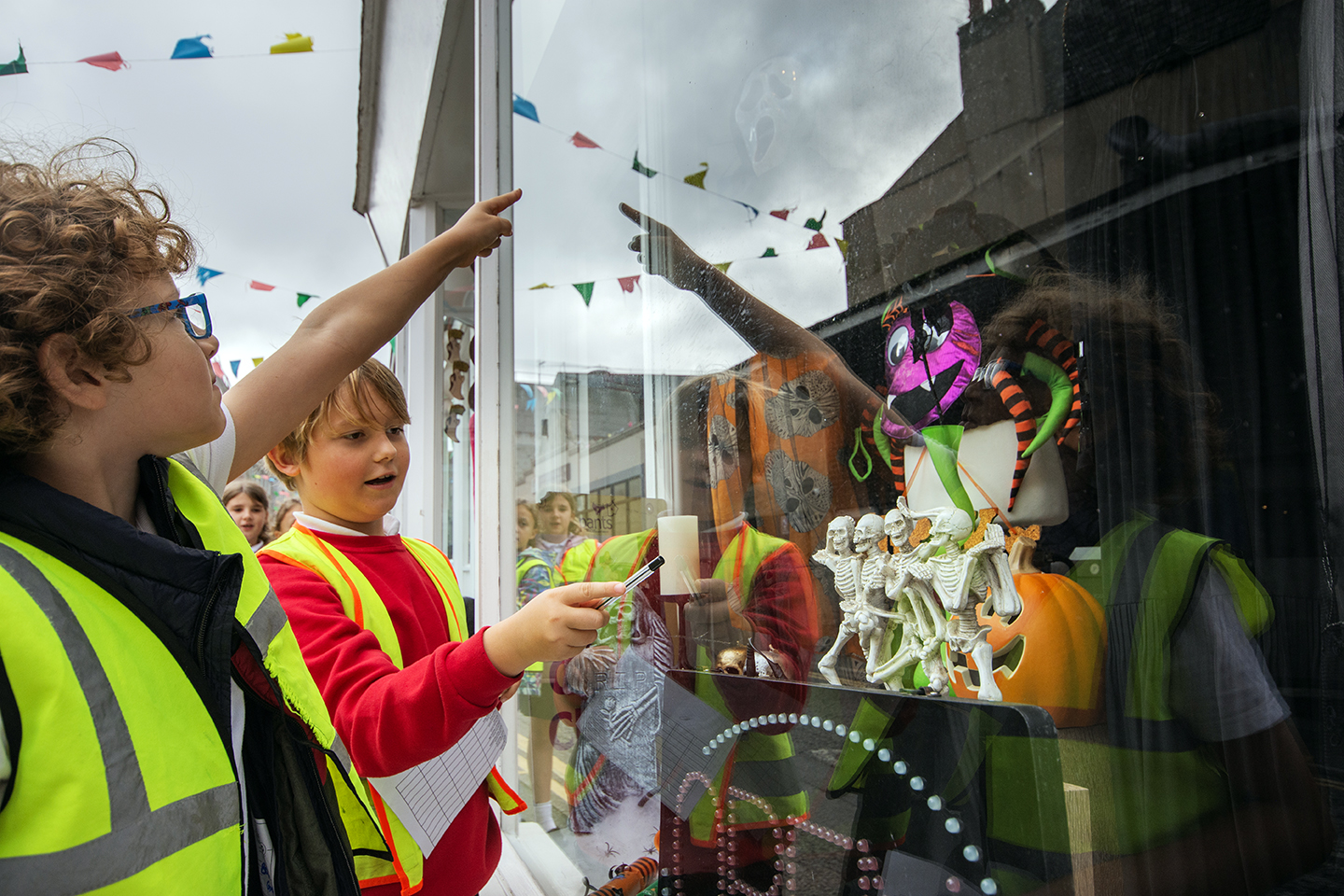Falmouth University hosts Contemporary Women’s Writing conference
Academics, postgraduates, and women’s writing enthusiasts flocked to the university’s Woodlane campus for three days of exciting discussion and a glimpse into insightful research, writes Charlotte Grant.
Falmouth University hosts Contemporary Women’s Writing conference
Academics, postgraduates, and women’s writing enthusiasts flocked to the university’s Woodlane campus for three days of exciting discussion and a glimpse into insightful research, writes Charlotte Grant.

Last week, Falmouth University hosted the 2025 conference for the Contemporary Women’s Writing Association (CWWA), a three-day event connecting scholars, postgraduates, and PhD students from across the globe through a range of panel discussions and research presentations.
“It was so wonderful to welcome so many people from all over the world to Falmouth University,” said Dr Jo Parsons, lecturer in English and Creative Writing, and one of the event’s chief organisers. “Academics and research students flew in from Australia, Argentina, Japan, and Canada, as well as from all over Europe and America to share their research and creative practices.”

The CWWA, which is associated with Contemporary Women’s Writing, an online journal published by Oxford University Press, hosts these events to encourage the academic study of expanding, post-1970 women’s writing in all genres. Originally established in 2005 by Mary Eagleton, it has since evolved into a vibrant network of those engaged in the multifaceted nature of contemporary women’s writing, forging links between experts and those with interests in the field.
Three keynote speakers were selected to speak at the conference, including Dr Meredith Miller (senior lecturer at Cardiff University), Rebecca Lloyd (independent scholar on Terry Pratchett, Gothic creatures…), and Lamya Sadiq (researcher on Ambivalences and the Present) and enlightening perspectives were offered on topics ranging from the visual and oral aesthetics of the melodrama, to the haunting past as a reckoning of the present, and even the gendered figure of the ‘crazy cat lady’ in popular cat-based crime fiction.
“I loved how the focus seemed to be on helping each other as well as how we can support and shape the future of women's writing and scholarship,” said Dr Parsons. “The conference really helped to showcase the amazing work we are doing at Falmouth University in the field of women's writing.”
In addition to the keynotes, a range of student-led workshops and panels also took place across the three days, in which women’s writing in the modes of prose, scriptwriting, poetry, writing for games, life-writing and more, were explored. Attendees were spoilt for choice in the number of events available, with titles including Autobiographical Writing, Cinemas of Resistance, and Feminism and Political Landscapes. While some discussed popular culture’s obsession with the female body, others analysed the ethics of depicting sexual violence in film, and all provided a glimpse into the compelling research of academics past and present.
The location for the CWWA’s 2026 conference has yet to be decided, but meanwhile, its work continues to showcase the significance of contemporary women’s writing as a transformative and wide-ranging landscape.
Memberships to the CWWA can be purchased at: https://thecwwa.org/register/








